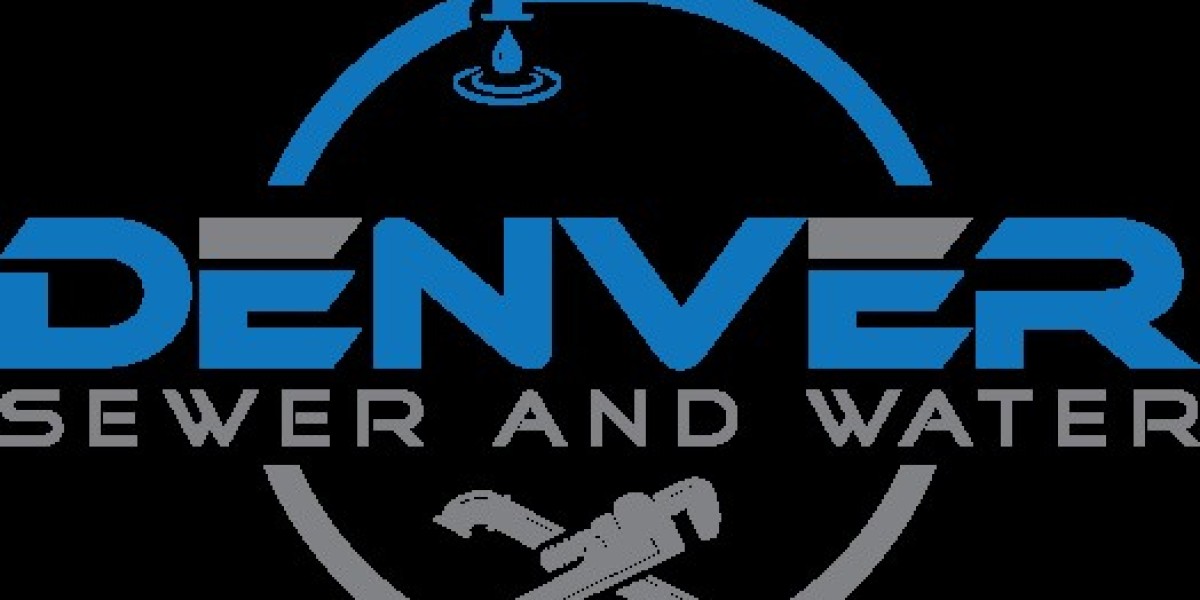Residential Sewer Line Cleaning: A Comprehensive Guide
Maintaining a clean and functional sewer line is essential for any homeowner. Sewer lines are responsible for transporting wastewater from your home to the municipal sewer system or a septic tank. Over time, these lines can become clogged with debris, grease, tree roots, and other materials, leading to slow drainage, unpleasant odors, and even sewer backups. Regular residential sewer line cleaning can help prevent these issues and ensure your plumbing system operates smoothly.
Why is Sewer Line Cleaning Important?
Prevents Blockages: Over time, debris, grease, and other materials can accumulate in your sewer line, leading to blockages. These blockages can cause water to back up into your home, resulting in costly repairs and potential health hazards.
Improves Drainage: A clean sewer line allows wastewater to flow freely, improving the efficiency of your home’s drainage system. This can prevent slow drains and reduce the risk of clogs in sinks, toilets, and other plumbing fixtures.
Protects Against Sewer Backups: Sewer backups can be a homeowner's worst nightmare. They can cause significant damage to your property and pose serious health risks. Regular cleaning reduces the likelihood of backups by keeping the sewer line clear of obstructions.
Extends the Lifespan of Your Sewer Line: Regular maintenance, including cleaning, can extend the life of your sewer line by preventing corrosion, leaks, and other issues that could necessitate costly repairs or replacements.
Common Causes of Sewer Line Clogs
Tree Roots: Tree roots are a common cause of sewer line clogs. They can infiltrate the line through small cracks or joints, seeking out moisture and nutrients. Once inside, the roots can grow and eventually block the flow of wastewater.
Grease and Fat: Pouring grease and fat down the drain might seem harmless, but these substances can solidify in the sewer line, leading to blockages. Over time, the buildup can become significant, restricting the flow of wastewater.
Foreign Objects: Items like paper towels, sanitary products, and other non-flushable materials can cause serious clogs if they end up in your sewer line. Even items labeled as “flushable” can contribute to blockages.
Aging Pipes: Older homes may have aging pipes that are more prone to corrosion, cracks, and other issues. These problems can lead to debris accumulation and blockages in the sewer line.
How is Sewer Line Cleaning Performed?
There are several methods used by professionals to clean residential sewer lines:
Hydro Jetting: This is a highly effective method that uses high-pressure water to clean the inside of the sewer line. The water is powerful enough to break up and wash away debris, grease, tree roots, and other obstructions.
Snaking (Augering): A plumbing snake, or auger, is a long, flexible cable with a rotating blade at the end. It is inserted into the sewer line and used to cut through blockages. While effective for certain types of clogs, snaking may not completely remove all debris.
Chemical Cleaners: In some cases, chemical cleaners may be used to dissolve grease, hair, and other organic materials in the sewer line. However, these should be used with caution, as they can be harsh on pipes and the environment.
Video Inspection: Before or after cleaning, a plumber may perform a video inspection of the sewer line. This involves inserting a small camera into the line to visually inspect for clogs, damage, or other issues. It helps ensure the line is thoroughly cleaned and identifies any areas needing repair.
When Should You Clean Your Sewer Line?
Slow Drains: If you notice that your sinks, tubs, or toilets are draining slowly, it could be a sign of a developing clog in the sewer line.
Gurgling Noises: Strange gurgling sounds coming from your drains or toilet may indicate a blockage in the sewer line.
Foul Odors: Unpleasant smells coming from your drains or yard could be a sign of a sewer line clog or backup.
Sewage Backups: If wastewater is backing up into your home, it’s an urgent sign that your sewer line needs cleaning immediately.
How Often Should You Clean Your Sewer Line?
While the frequency of sewer line cleaning depends on several factors, including the age of your home and the type of trees on your property, a general recommendation is to have your sewer line professionally cleaned every 18 to 24 months. Regular maintenance can prevent major clogs and ensure your plumbing system functions properly.
DIY vs. Professional Sewer Line Cleaning
While there are DIY methods available for minor clogs, such as using a plunger or a hand-crank auger, it’s usually best to leave sewer line cleaning to professionals. They have the tools, experience, and knowledge to thoroughly clean the line and address any underlying issues.
Regular residential sewer line cleaning is an essential part of home maintenance. It prevents clogs, improves drainage, and protects your home from the costly damage of sewer backups. By understanding the importance of sewer line cleaning and scheduling regular maintenance, you can ensure the long-term health of your plumbing system and avoid unexpected plumbing emergencies.





